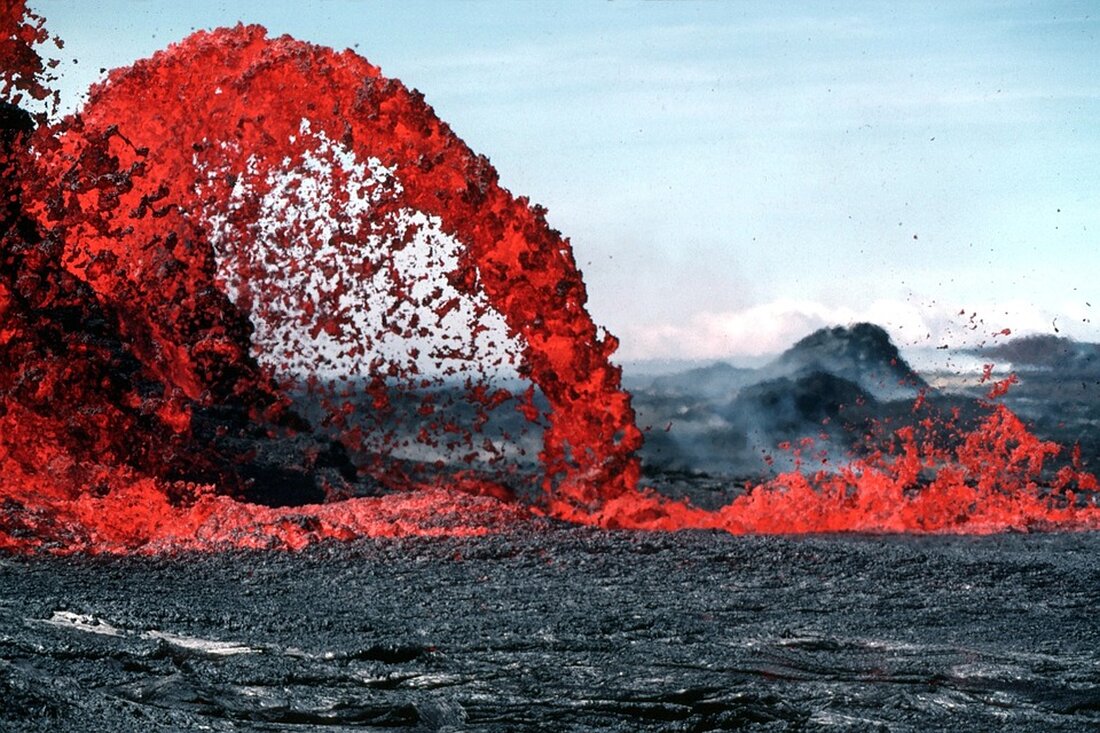Hawaii is levying a new climate tax: This is how the holiday paradise should be saved!
Hawaii will introduce a climate tax for tourists from 2026 to finance environmental protection projects and protect nature.

Hawaii is levying a new climate tax: This is how the holiday paradise should be saved!
Hawaii, the dream destination for millions of vacationers, is facing a significant change in tourism policy. However, the beautiful archipelago, known for its beautiful beaches, surfing waves and the famous aloha spirit, is facing increased challenges from the climate crisis and mass tourism. Coastal erosion, extreme weather and forest fires pose serious risks. To counteract these problems, a new “climate tax” for travelers will be introduced from January 1, 2026, which will be used to finance urgent climate protection projects. This decision was approved by the Senate and signed by Governor Josh Green. Watson reports about the governor launching a climate council to gather the opinions of 600 residents and over 60 experts.
The tax provides for an increase in the hotel and holiday apartment tax from the current 9.25% to 10%. A separate tax rate of 11% will also be introduced for cruise tourists. This means that travelers who book accommodations with overnight costs of $300 will have to pay an additional $2.25. The revenue from this new regulation could raise up to $100 million per year to benefit environmental protection. Travel reporter highlights that the funds should be used specifically for beach restoration, reforestation projects and the climate-resilient conversion of public infrastructure.
Reactions and challenges
Despite the positive intentions behind this initiative, there are concerns within the tourism industry. Some industry representatives fear the increased costs could deter potential vacationers. Hawaii is already one of the most expensive destinations in the world, and the free travel experience could be further undermined by the tax increase. In connection with the legislation, there were also discussions about possible legal action against the new tax rate for cruise travelers.
An additional aspect that underscores the need for this tax is the devastating effects of climate change, reflected in tragic events such as the devastating Maui fires in 2023. These disasters have highlighted the urgent need for climate adaptation measures. The governor has previously floated similar proposals to introduce a tourism environmental levy, but in a watered-down form to minimize the economic burden on the industry.
The implementation of this climate tax is being sought not only to protect the environment and keep Hawaii's beautiful natural attractions in good condition, but also to continue to position the country as an attractive destination for tourists. Despite all the uncertainty about the future development of tourist numbers, the hope remains that these measures will help address the challenges of climate change and preserve the beauty of Hawaii for future generations.

 Suche
Suche
 Mein Konto
Mein Konto